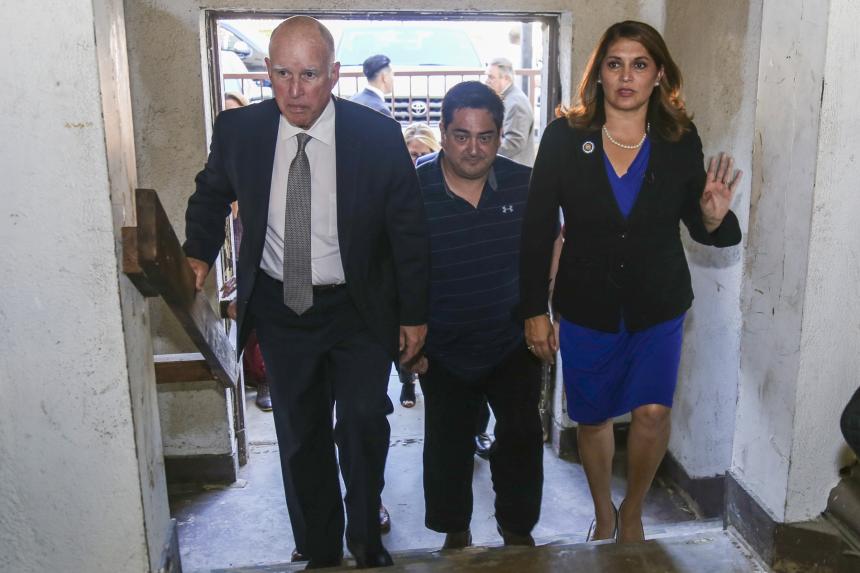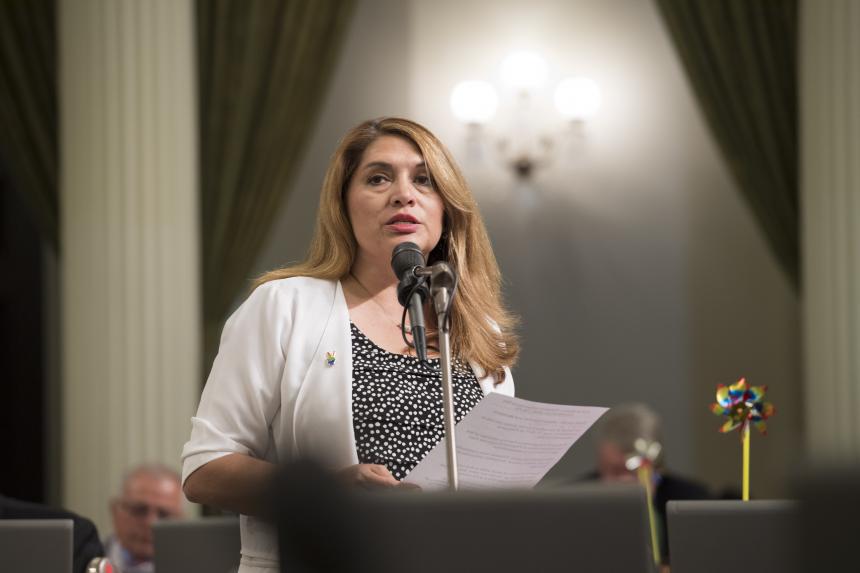Quirk-Silva Announces Membership to Key Committee on Communications and Conveyance
(SACRAMENTO) - California State Assemblywoman Sharon Quirk Silva (D-Orange County) has been appointed by Assembly Speaker Anthony Rendon to the Committee on Communications and Conveyance. The committee covers issues such as telecommunications, broadband, cable and digital infrastructure, commercial air companies, moving companies, telecommunications, transportation network companies, electric and autonomous vehicles, and related businesses.
âI am pleased that Assembly Speaker Anthony Rendon has placed the confidence in me to be involved in this important policy-making committee that influences our ever-changing technological marketplace,â said Quirk-Silva. âI will dedicate my service to promote an innovative climate in California, and support smart policies that keep California competitive for its businesses, and citizens.â


